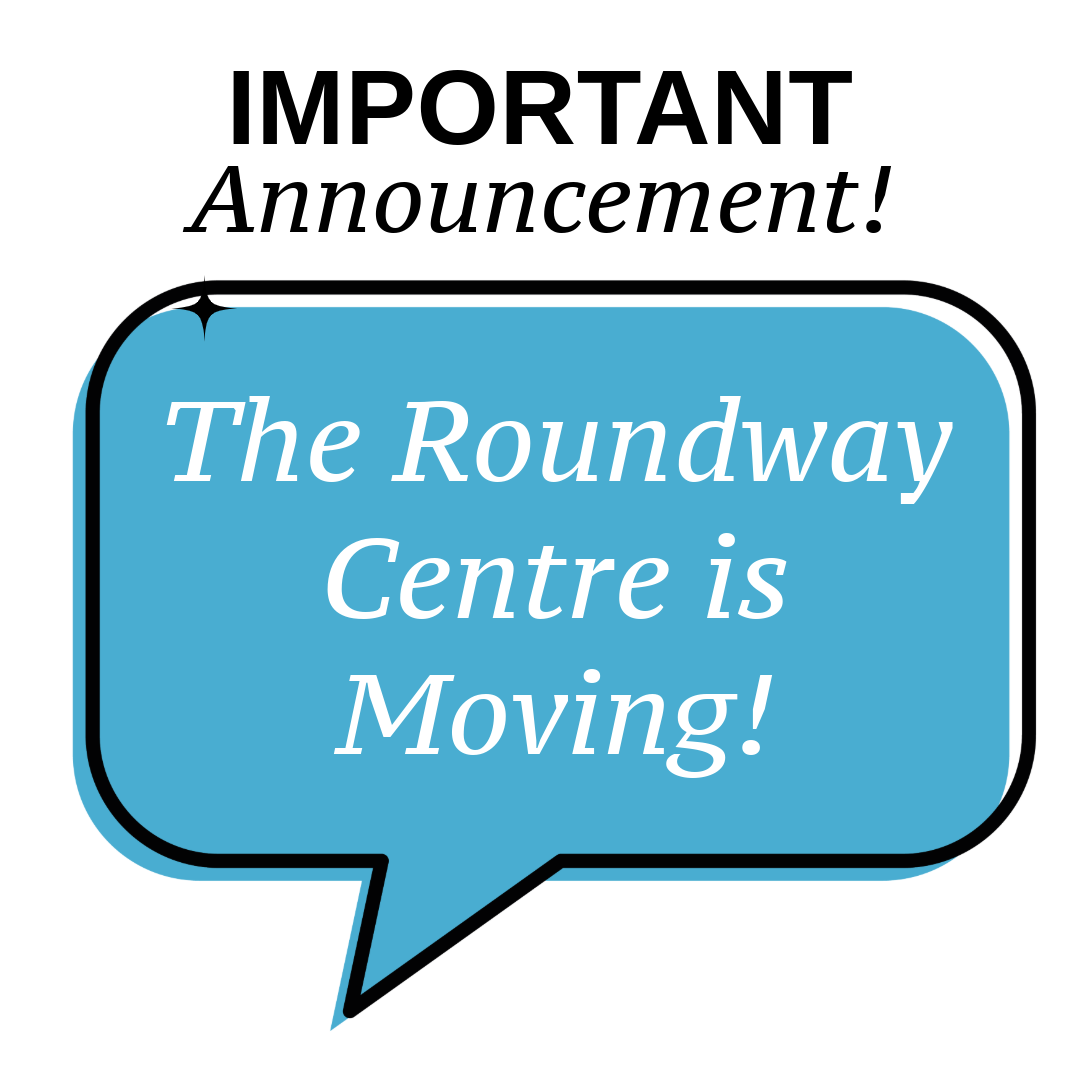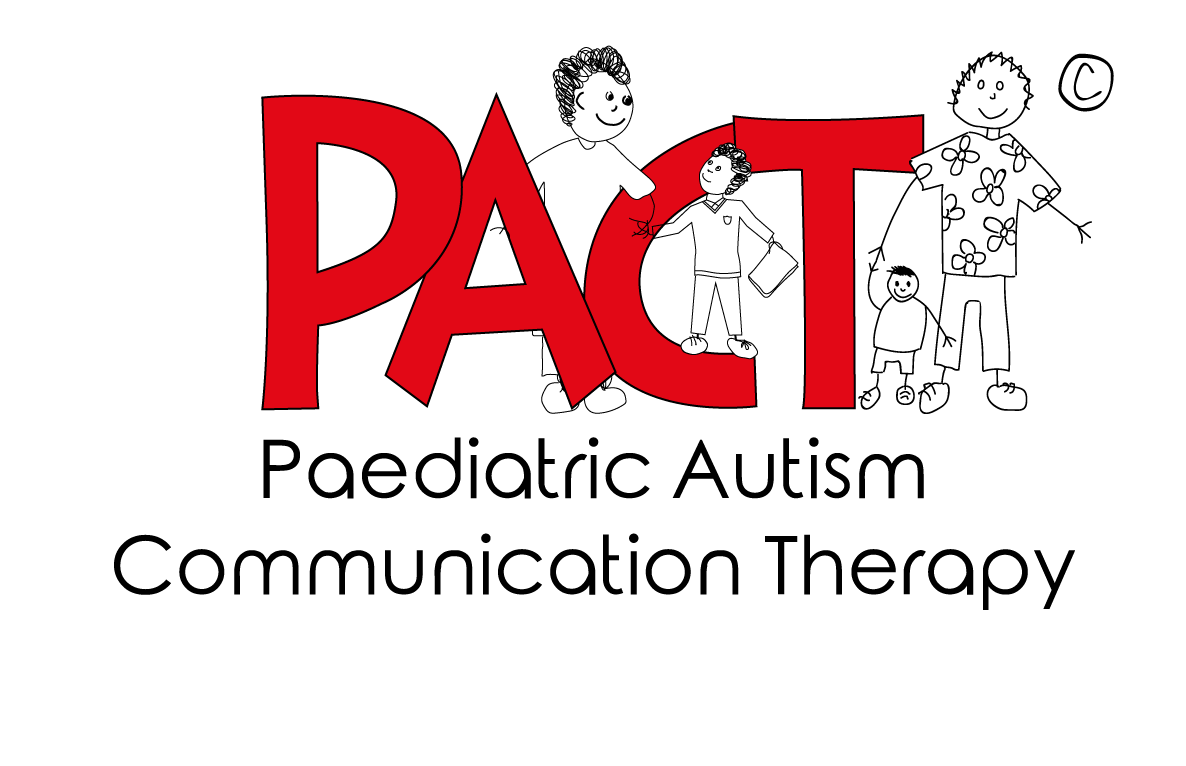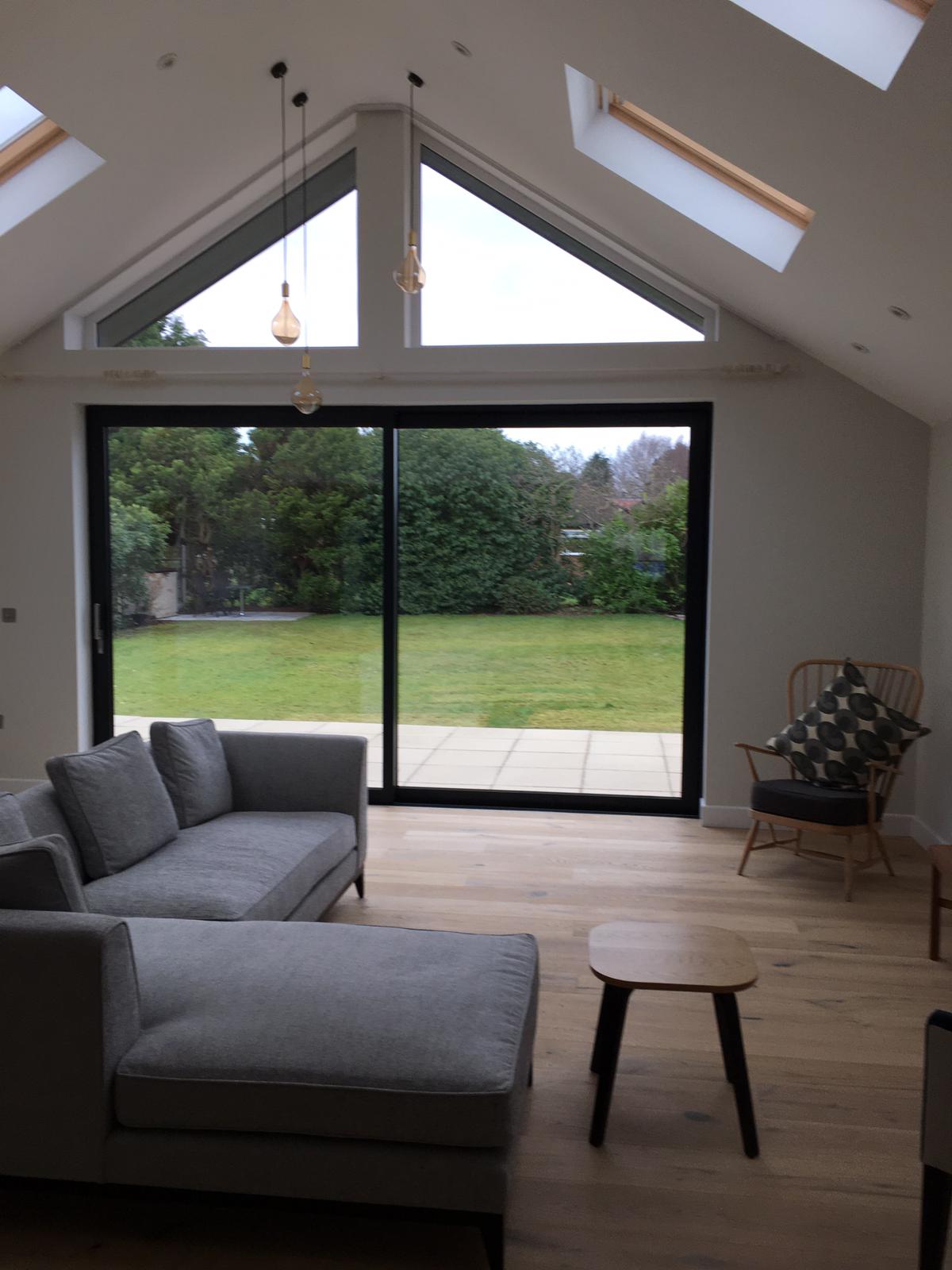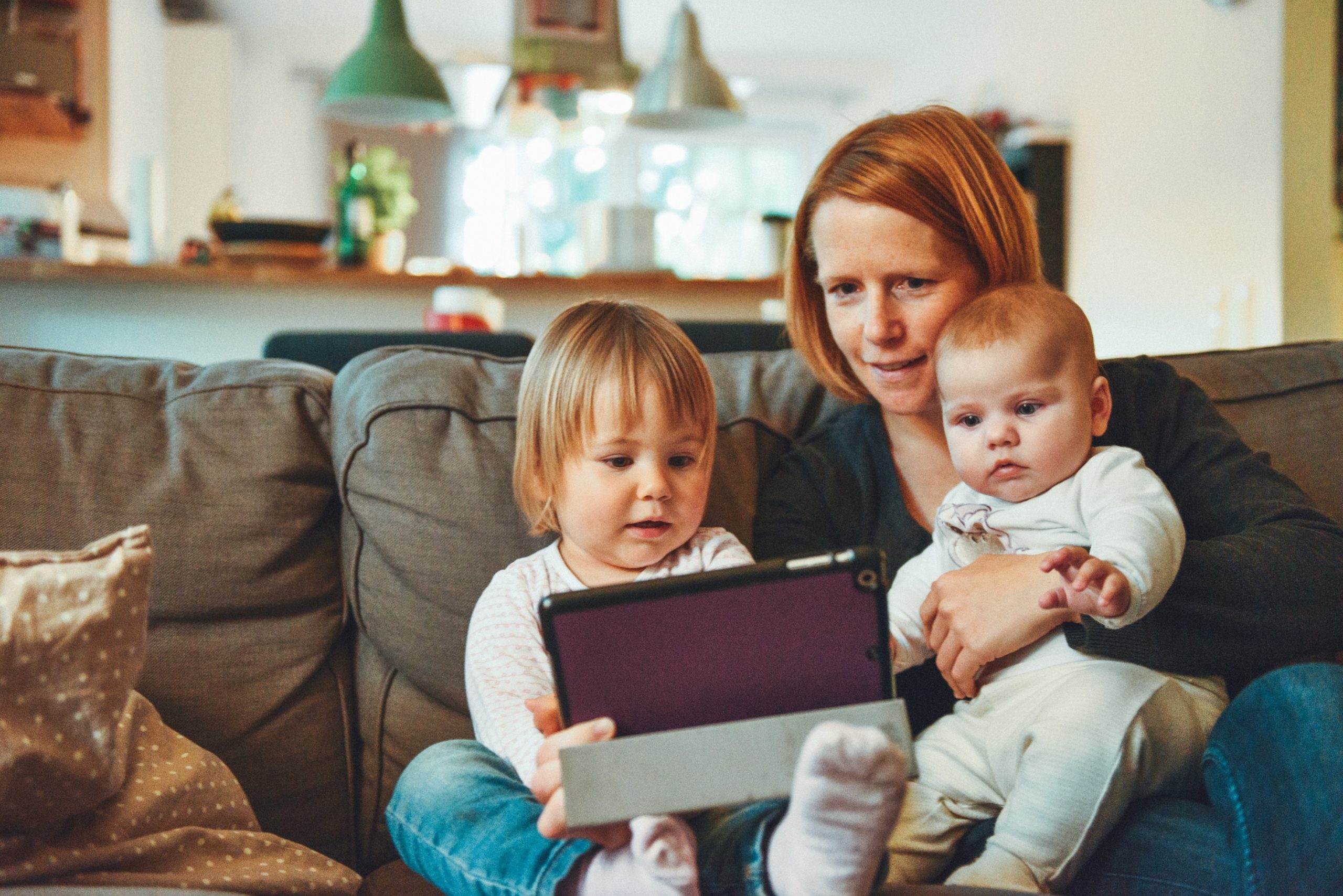What is PACT?
The Paediatric Autism Communication Therapy (PACT) is a relatively low intensity, evidence-based, intervention.
Therapists work with parent/carers to enhance social communication with their young child with autism spectrum disorder (ASD).
PACT is the first autism intervention therapy to have shown long-term reduction in autism symptom severity.
In a large clinical trial, the group of children receiving PACT pre-school, when compared to usual care, showed improvements in social communication and a reduction in the level of restricted and repetitive behaviours that were sustained into middle childhood, six years after the end of treatment.
In other studies, PACT has also been applied successfully in children up to 10 years of age.
How does PACT work?
 In a 12-session staged intervention, the therapist uses specific video feedback techniques to help parents/carers recognise, respond to, and enhance their child’s social communication.
In a 12-session staged intervention, the therapist uses specific video feedback techniques to help parents/carers recognise, respond to, and enhance their child’s social communication.
They also work to support and empower parents in embedding these communication techniques into daily family life.
In this way, children are supported to develop their interaction and communication skills in their natural environment.
This is one of the most effective ways of ensuring enduring improvements in social communication skills.
Within each 1 ½ hr session, the therapist records a short video (around 10 minutes) of the parent and child interacting or playing together.
This video is then reviewed with the parent, using selected moments to identify and discuss the best individual communication strategies for the child.
 Between sessions, parents are asked to practise their PACT strategies with the child for around 30 minutes a day.
Between sessions, parents are asked to practise their PACT strategies with the child for around 30 minutes a day.
Further booster sessions are offered at the end of treatment to continue generalising the communication techniques in daily routines.
Where can PACT take place?
PACT can be delivered either in the clinic or in home or caregiver setting.
The PACT team are also currently conducting further research to establish whether it would also be beneficial to be delivered within a child’s educational setting.
Other health, education or social interventions can be continued in parallel.
Please see attached flyer for more information. PACT Parents flyer_2020_issuu





 In a 12-session staged intervention, the therapist uses specific video feedback techniques to help parents/carers recognise, respond to, and enhance their child’s social communication.
In a 12-session staged intervention, the therapist uses specific video feedback techniques to help parents/carers recognise, respond to, and enhance their child’s social communication. Between sessions, parents are asked to practise their PACT strategies with the child for around 30 minutes a day.
Between sessions, parents are asked to practise their PACT strategies with the child for around 30 minutes a day. 





 Many families have found the online video conference appointments more convenient as there is no need to travel and many of our assessments are already adapted to online delivery.
Many families have found the online video conference appointments more convenient as there is no need to travel and many of our assessments are already adapted to online delivery.


